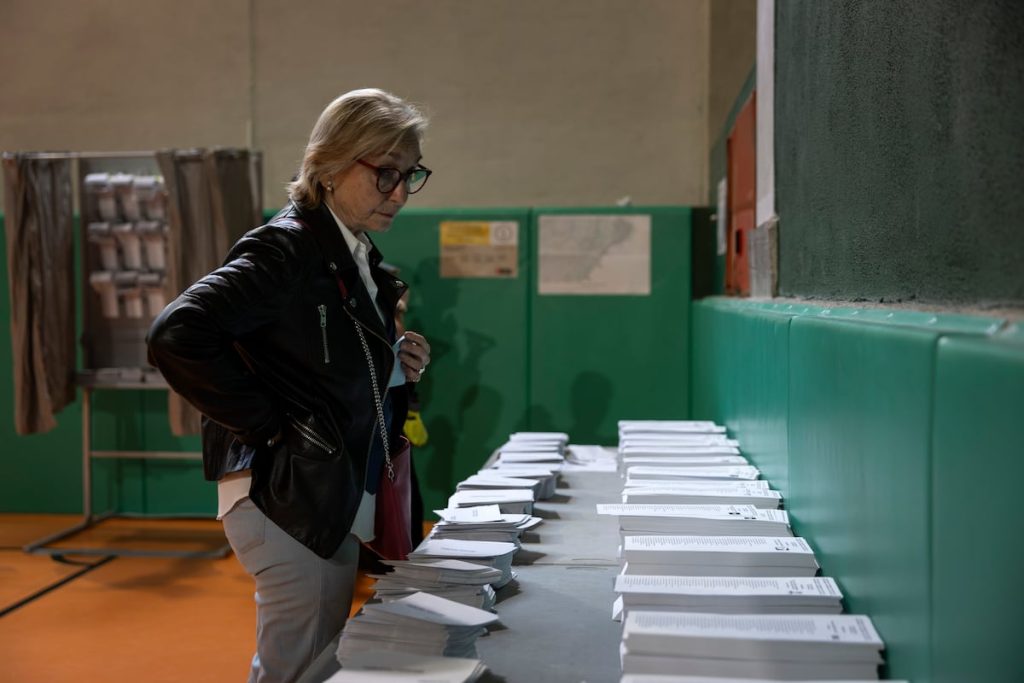Victor Manuel had wondered where the kisses we don’t give go, but analysts rarely ask where the votes we don’t cast go. There was a cliché that said abstentions were from the left, as low turnout usually meant a win for the right. However, with fragmented parliaments, this notion no longer holds true. Especially when the PSC had its best results in history with a 57.94% turnout. A prominent Spanish thinker had once suggested that abstentionists did not deserve to live in a democratic country and proposed compulsory voting to drag them to the polls by force. However, a democracy can only truly be so if it allows citizens to abstain.
The author admits to having abstained from voting at times and declined an invitation to speak at an abstentionist event, as expressing reasons would betray their silence – if they had wanted to voice their opinion, they would have voted. While it may be easy to get angry at abstentionists and want to force them to vote, when abstention rates are as high as they were on the Sunday in question, they deserve more than just a clever insult. Dismissing those who choose to abstain is akin to denying the right to exist of those who bother us or we don’t understand. In a complex and diverse society, democracy should be an uncomfortable fit that can either shrink or feel too loose.
The word “disaffection” has replaced the more euphonic “disappointment,” which is now reserved for sentimental connotations and not used in political contexts. Disappointment is a definitive emotion – once someone is disillusioned, they rarely deceive themselves again. Amid the excitement over the potential change in Catalonia and the undeniable triumph of Pedro Sanchez’s strategy, the disillusioned may go unnoticed. However, when over 40% of the eligible voters shrug their shoulders, the problem lies not with the apathetic, but with those who will be taking seats in parliament, who should seriously consider, even if to the tune of Victor Manuel, where the votes they did not receive will go.
In a democracy, abstaining is a right, not a crime. Citizens have the freedom to choose to engage or not in the political process. It is not fair to force individuals to vote if they do not wish to, as forcing someone to vote goes against the principles of democracy. The disdain towards abstentionists is dismissive and ignores the reasons behind their decision not to vote. Rather than condemning them, it is important to understand the root causes of voter apathy and address them in order to ensure a healthier democratic system where all voices are heard and represented.
Ultimately, the high rates of abstention in elections should be a cause for concern for political parties and candidates. Instead of focusing solely on the votes they received, politicians should also consider the significant number of votes that were not cast. They should reflect on why so many voters chose not to participate and work towards addressing their concerns and engaging them in the political process. Ignoring the voices of abstentionists weakens the democratic system and alienates a large portion of the population. It is crucial for politicians to listen to all citizens, whether they choose to vote or not, in order to truly represent the interests and desires of the entire population.















